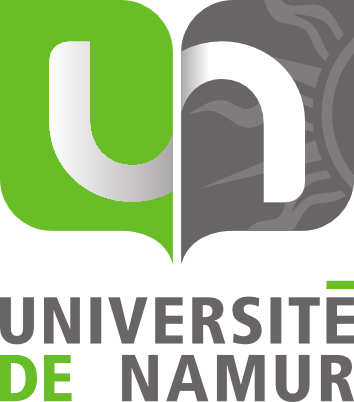Défense de thèse en sciences politiques et sociales
LE TRAVAIL DE LA SOCIÉTÉ CIVILE DU BURUNDI DURANT LA PÉRIODE POST-CONFLICTUELLE : ACTIONS, CONTRAINTES ET CONTRADICTIONS
Date : 09/03/2020 18:00 - 09/03/2020 21:00
Lieu : E13
Orateur(s) : Guillaume NDAYIKENGURUTSE
Organisateur(s) : Pierrette Noel
Promoteur et secrétaire: Prof Thierry Balzaq Braspenning; Président: Prof Bruno Colson - Autres membres du jury: Prof Gérard Birantmije (Université du lac Tanganyika), Prof Valérie Rosoux (UCLouvain) et Prof Nina Wilen (ULB)
Abstract :
Au Burundi post-conflictuel, la société civile a essayé de travailler pour la poursuite des objectifs de paix et de démocratie à travers notamment la défense des droits de l’Homme ainsi que la dénonciation des irrégularités dans la gouvernance économique. Elle s’est heurtée néanmoins à des contraintes inhérentes à la post-conflictualité. D’une part, le déficit d’engagement des autorités post-conflictuelles à renforcer le processus de consolidation de la paix et de démocratisation, les a poussées à prendre le tournant autoritaire, générant des actes de harcèlement, d’intimidation et d’emprisonnement des activistes de la société civile. D’autre part, la société civile n’a pas pu prendre la distance suffisante par rapport aux clivages ethniques et politiques, très prégnants dans le contexte post-conflictuel au Burundi. Elle s’est en outre caractérisée par des rapports ambigus avec les bailleurs de fonds et des dysfonctionnements dans la gouvernance interne. Cela a permis aux autorités de consolider un discours de décrédibilisation de la société civile malgré son travail assez remarquable. Mobilisant la sociologie politique des instruments comme approche théorique, cette thèse montre ainsi que, dans les situations de post-conflit, la société civile ne saurait être confinée dans sa conception normative « d’agent de paix », elle est ce que les acteurs tant politiques que de la société civile, en font.
In post-conflict Burundi, civil society has tried to work for the pursuit of the objectives of peace and democracy, in particular by defending human rights and denouncing irregularities in economic governance. However, it encountered constraints inherent to post-conflict situations. On the one hand, the lack of commitment of the post-conflict authorities to strengthen the process of peacebuilding and democratization, pushed them to take the authoritarian turn, generating acts of harassment, intimidation and imprisonment of civil society activists. On the other hand, civil society has not been able to distance itself sufficiently from the ethnic and political cleavages, which remain significant in the post-conflict Burundi. It has also been characterized by ambiguous relationships with donors and dysfunctions in internal governance. This enabled the authorities to consolidate a discourse aimed at discrediting civil society despite its fairly remarkable work. Mobilizing the political sociology of instruments as a theoretical approach, this thesis thus shows that, in post-conflict situations, civil society cannot be confined to its normative conception of “peace agent”, it is what the actors, both political and those of civil society, make of it.
Contact :
Pierrette Noel
-
pierrette.noel@unamur.be
Télecharger :
vCal
